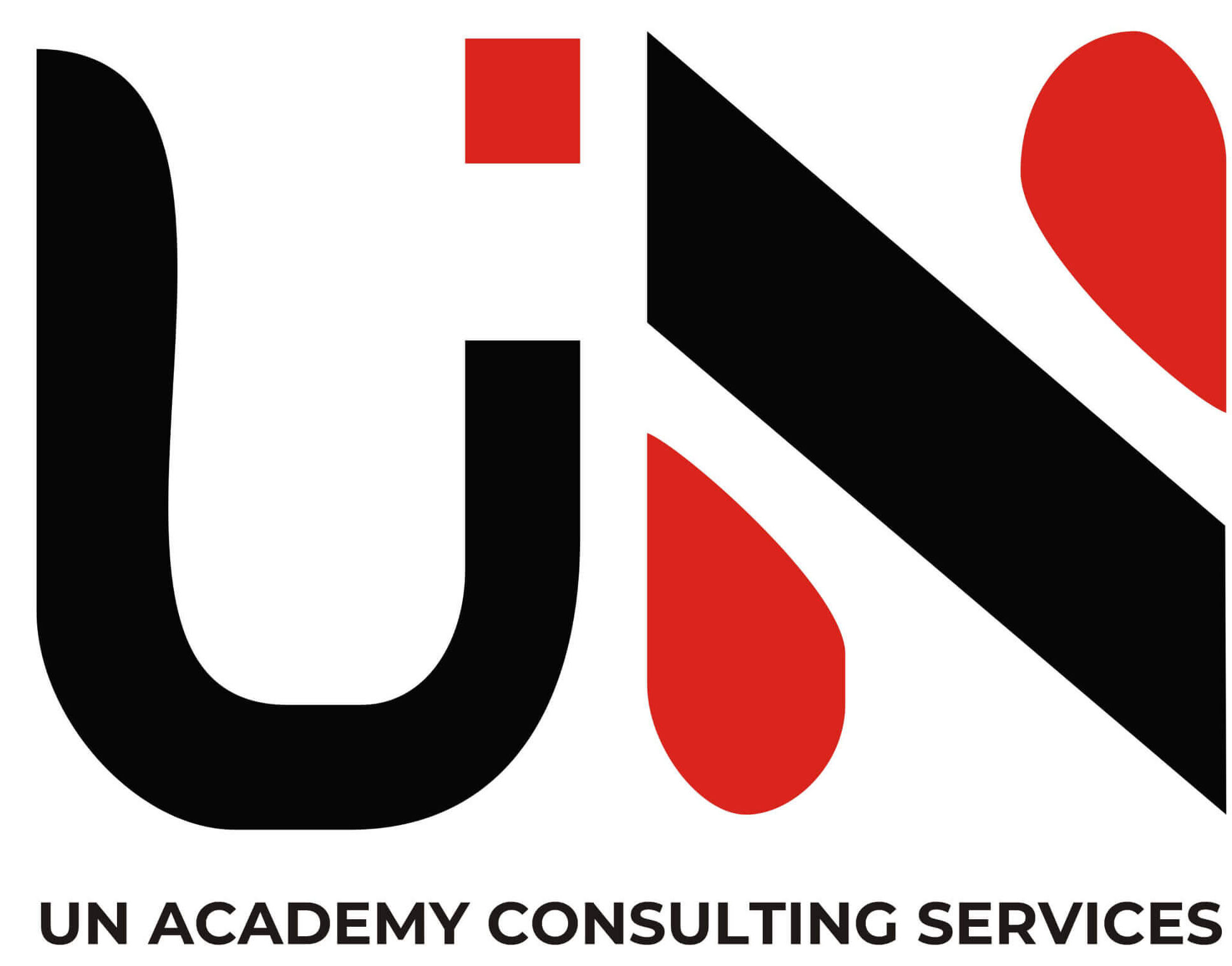Fleet Safety Management Training
With a focus on reducing accidents, minimizing risks, and promoting a culture of safety, this course addresses the critical elements of fleet safety management.
- Course Schedule
Classroom Sessions:
| Date | Venue | Price |
|---|
19 - 23 Feb 2025
Online
$ 3,950
- Course Description
INTRODUCTION
Fleet Safety Management Training is a comprehensive program designed to equip participants with the knowledge and skills necessary to establish and maintain effective safety practices within a fleet management context. With a focus on reducing accidents, minimizing risks, and promoting a culture of safety, this course addresses the critical elements of fleet safety management.
WHY IT MATTERS
Effective fleet safety management is crucial for organizations to ensure the well-being of their drivers, protect valuable assets, and maintain regulatory compliance. The data indicates that accidents and unsafe practices can result in significant financial losses, legal consequences, and reputational damage. This training aims to empower participants with the tools to mitigate these risks and promote a safer working environment.
OBJECTIVES
- Understand the importance of fleet safety management in preventing accidents and minimizing risks.
- Develop the skills to implement and maintain a robust fleet safety program.
- Gain knowledge of relevant regulations and industry best practices.
- Foster a safety culture within the organization to reduce incidents and improve overall performance.
WHO SHOULD ATTEND ?
This course is ideal for:
- Fleet Managers
- Safety Managers
- Operations Managers
- Drivers
- Risk Management Personnel
- Anyone involved in fleet operations and safety
- Course Outline
DAY 1
Introduction to Fleet Safety Management
- Overview of Fleet Safety
- Importance of Safety in Fleet Operations
- Regulatory Landscape
DAY 2
Establishing a Safety Culture
- Creating a Safety Policy
- Leadership’s Role in Safety
- Employee Engagement and Communication
DAY 3
Risk Assessment and Mitigation
- Identifying and Analyzing Risks
- Implementing Risk Mitigation Strategies
- Incident Investigation and Reporting
DAY 4
Vehicle Maintenance and Inspection
- Importance of Regular Vehicle Inspections
- Preventive Maintenance Programs
- Technologies for Monitoring Vehicle Health
DAY 5
Compliance and Continuous Improvement
- Regulatory Compliance and Reporting
- Auditing and Benchmarking
- Continuous Improvement in Fleet Safety
